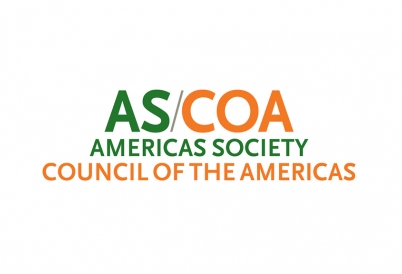As the 50-year anniversary for the Cuban Revolution nears, Raúl Castro makes his first state visits abroad. His statements at a regional summit raise speculation about future relations with Washington and what mediating role Brazil could play.
An ambitious new Brazilian plan seeks to reduce deforestation rates by nearly three-quarters by 2017. Yet the proposal’s release coincides with news of rising deforestation levels.
McLarty Associates Managing Director Kellie Meiman writes, "If Brazil can come into its own as a true pragmatic stakeholder in the global economy and international institutions at the same time that the United States reemerges as a champion of multilateralism, there is much our countries can achieve together."
At a time when ethanol production faces the effects of the global credit crunch, questions arise about how Latin America and a new U.S. administration will cooperate in the field of biofuels.
The U.S. and Brazil must expand their trade relationship. Although there are significant differences between the two countries, especially in socioeconomic development, the similarities are clear: our size and enterprising spirits bring us together. Read the full article in the Fall 2008 issue of Americas Quarterly.
United States policies toward the region have oscillated between activism and aloofness. In both cases, the perception of U.S. attitudes has given rise to criticism in Latin America and the Caribbean. Read the full article in the Fall 2008 issue of Americas Quarterly.
What a paradox! Never has the Hispanic vote been more influential in a U.S. election than in 2008—and never has the U.S. had less regional influence than today. That said, 200 years of history and a rising regional power (Brazil) present you, Mr. President-elect, with a unique opportunity to build a new relationship of solidarity with the region on everything from energy, aid and commerce, to security and migration. Read the full article in the Fall 2008 issue of Americas Quarterly.










